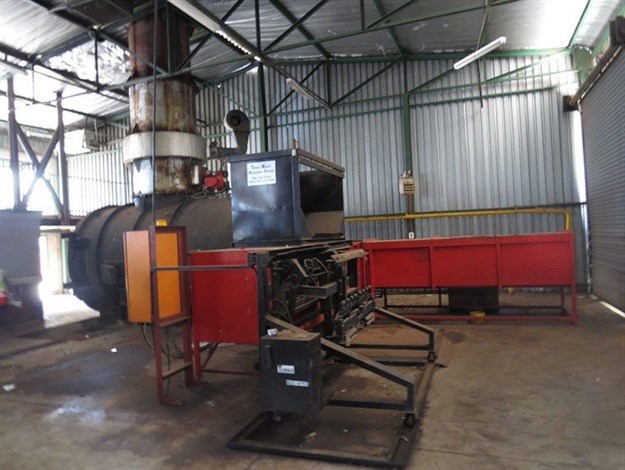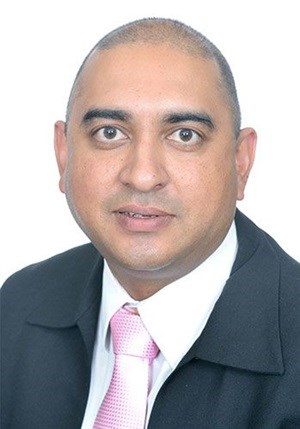
Top stories

Energy & Mining#MiningIndaba: How GenAI is reinventing mine maintenance in South Africa
Maroefah Smith 2 hours





More news











The global technology revolution is transforming how we think about waste management. The influx of people to the extended urban areas of poverty surrounding African cities, and the consumption of products are only some of the things that are fuelling waste generation across the continent.

With higher population growth rates and increased consumer demands and consumption, a new connected approach is required. Global shaping of technology means that waste management practices and systems can be enhanced for government, service providers and consumers. A crucial part of this revolution is making sure that poor and developing countries also tap into the changes and trends in technology that are emerging in the waste management industry, as the population growth in developing countries, and in Africa specifically, is the largest in the world.
The internet of things (IoT) can help us provide integrated, timeous and sustainable solutions. We’re moving towards creating a circular economy for waste management with the help of technology, which includes a cradle-to-cradle approach as well as relooking at how we can reuse and recycle products, components and materials to reduce the use of natural resources.
Smart cities of the future will integrate technology, connectivity and communication to share data that can help with several waste management processes, such as optimising the routes that garbage disposal vehicles follow for waste collection and removal, together with automating operations through sensors on garbage bins signalling that collection is needed when the bins are full.
The data that this automated process generates can transmit information in real-time to a control centre to guide the driver on routes to take, collection points, bins to uplift, traffic situations, estimated time for collection, and provide analytical information on this process to determine the cost of waste collection per kilometre. After the bins are collected, then information on the waste types can be analysed to determine, for example, which bins need to go to recycling centres or to disposal sites. The information can be used to inform clients and provide clients with invoicing information simultaneously via the cloud. This is already happening on small scales in other parts of the world and it’s time for African countries to follow suit.
Another challenge that waste management will face in the future includes the new waste streams that will be created as a result of a rise in GDP, increased connectivity and the use of electronic products and nanotechnologies. Not only is our population growing, but the evolution of digital technology means that our waste management strategies must change.
We will need to start thinking about new waste treatment technologies and facilities, and we will need to arrange capital investment for this. Current landfills in Africa will not be able to accommodate these waste streams. It’s important to note that we won’t experience a leapfrog situation as it would be impossible for municipalities to go from current landfilling situations to smart technologies too quickly. Proper assessment and evaluation of current landfills are needed, with step-by-step strategies on how we can move to smarter, sustainable waste management strategies for each situation.
Globally, the smart waste collection technology industry is still in its infancy, but the update of IoT-enabled sensors and smart bins are already gaining traction. The market is expected to grow from $57.6m in 2016 to over $223.6m in 2025, according to Navigant Research. Municipalities and city leaders are increasingly looking at ways to use smart city infrastructure to monitor operations and automate various processes such as traffic systems, street lighting and public safety. Waste collection is just one of the many opportunities that can be explored on our continent.
In Helsinki Finland, the world’s first robotic waste sorting plant is being piloted and tested. The robots can detect recyclables among other rubbish. In Sharjah in the United Arab Emirates, 10 solar-powered rubbish bins with built-in Wi-Fi technology have been installed across the city.

Some of the alternative waste treatment options that are currently being used in the developed world and can be useful in African countries include the following:
Waste management suppliers and experts need to work towards fostering a collaborative approach to finding solutions for the challenges that confront government.
Government faces technical, financial, institutional and social restrictions that aren’t easy to overcome when considering the future of waste management. Raising awareness of the looming threats and developing finance schemes are some of the steps we need to take to move progress in the right direction.